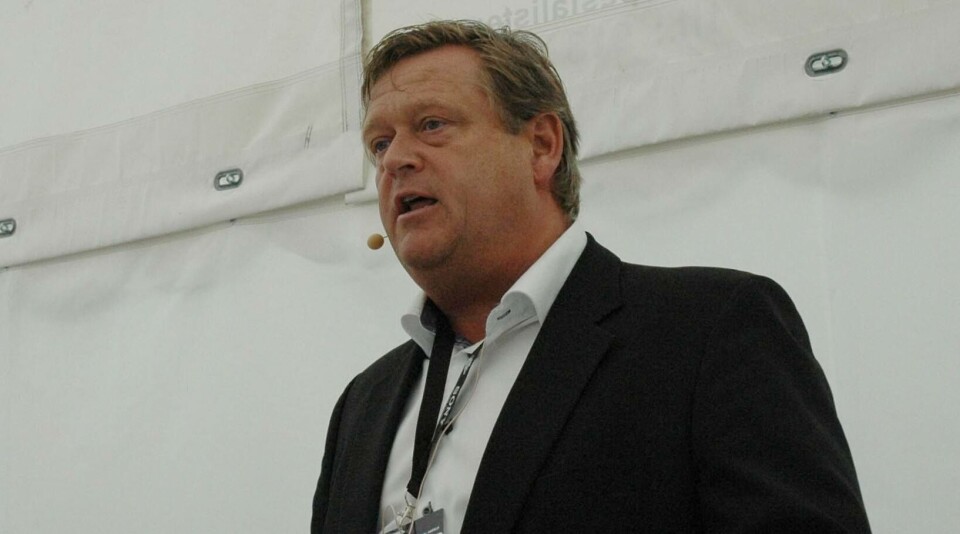
Norway bans tarpaulin bath treatments near shrimp
Norway has banned the use of tarpaulin bath treatments on salmon farms within 500 metres of shrimp or spawning grounds.
In those farms, bathing agents can now only be used when delousing treatment is done in a wellboat, not in a net pen with a tarpaulin around it. The treatment water must then be transported away from the farm.
The rule changes will affect 426 sites.
“There is great uncertainty related to the environmental effect of lice agents in fish farms. Therefore, we are now tightening the rules for the use of such drugs based on a precautionary consideration,” said fisheries minister Harald T Nesvik today in a press release announcing the ban.
Divided opinions
A consultation on the proposal to tighten the rules was launched in the autumn.
“We received many consultation responses with very divided opinions. I have made an assessment based on what the proposal will mean for the environment, and for fish health and fish welfare,” said Nesvik.
From the peak year of 2014, the number of prescriptions for bath treatments has been reduced by 87% in Norway.
“Since this issue came up a few years ago, drug use has been reduced sharply,” said Nesvik.
In September last year scientists conducting an ongoing study at the International Research Institute of Stavanger (IRIS) revealed that half of the deep-water shrimp Pandalus borealis that were exposed to a low concentration of hydrogen peroxide for two hours died within three days.
Surprising results
The scientists, who used a concentration of the chemical 100 times smaller than that used in de-lousing operations, called for the use of hydrogen peroxide to be stopped following the results which they said surprised them.
Hydrogen peroxide is regarded as the least environmentally-unfriendly lice treatment because it is quickly diluted in the sea after use in fish farms and can break down into water and oxygen within minutes, depending on conditions.
The IRIS research project, which started in 2017 and ends this year, is being funded by the Norwegian Research Council, the EU and chemical giant Solvay, which manufactures its own hydrogen peroxide salmon de-lousing product, Paramove, in Warrington and in Jemeppe, Belgium.
In addition to hydrogen peroxide, de-lousing products deltamethrin and azamethiphos are also being tested on shrimp.























































